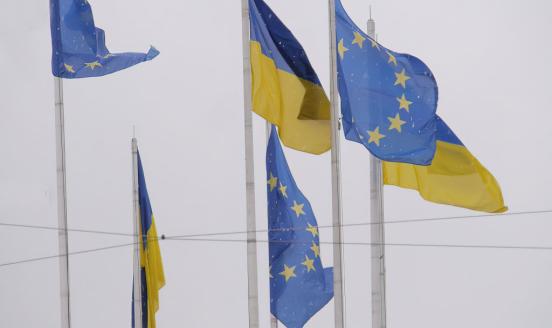A limping transition: the former Soviet Union thirty years on
The purpose of this essay is to assess where FSU countries are 30 years after the break up of the USSR in terms of their economic and political system

The post-communist transition in the Soviet Union’s successor states has been discouraging in many ways. The foundations of market economies were put in place by the early 2000s but adopted policies and institutions have proved suboptimal and distortive in many countries. Overall, the region has demonstrated how economic and political transition are closely correlated, with the latter impacting strongly on the former. In particular, the autocratic drift in Russia has caused reversals in economic reforms and aggressive policies against its neighbours, culminating in the devastating war in Ukraine.
This essay is a revised and substantially expanded version of a paper presented at a conference in memory of Professor Oleh Havrylyshyn, on ‘Economic History, Comparative Economics and Policy-making in Transition’, organised by University College London, School of Slavonic and East European Studies, London, 20-21 June 2022. The author thanks the conference participants and Bruegel’s research team for valuable comments that helped improve on the earlier versions of this essay.


